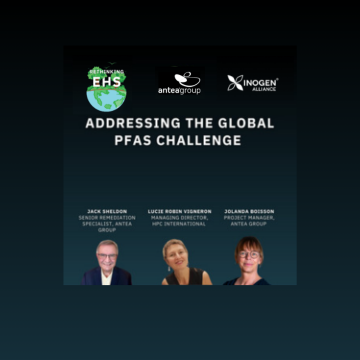
PFAS Global Support Services
Do you have any questions?
- International
- Antea Group Services
- Environment
- PFAS Global Support Services
Navigating the PFAS Minefield
Dealing with Per- and polyfluoroalkyl substances (PFAS) is a growing global challenge due to the compound’s high persistence and resistance to removal from the environment. PFAS are used in thousands of products and manufacturing processes. While some PFAS have been phased out, banned, or restricted, others continue to be used in new product development worldwide. They spread rapidly and travel long distances, contaminating water, air, soil, and flora and fauna, posing a potential exposure risk to human health.


